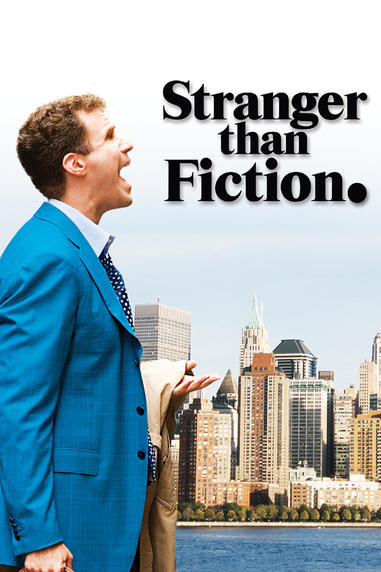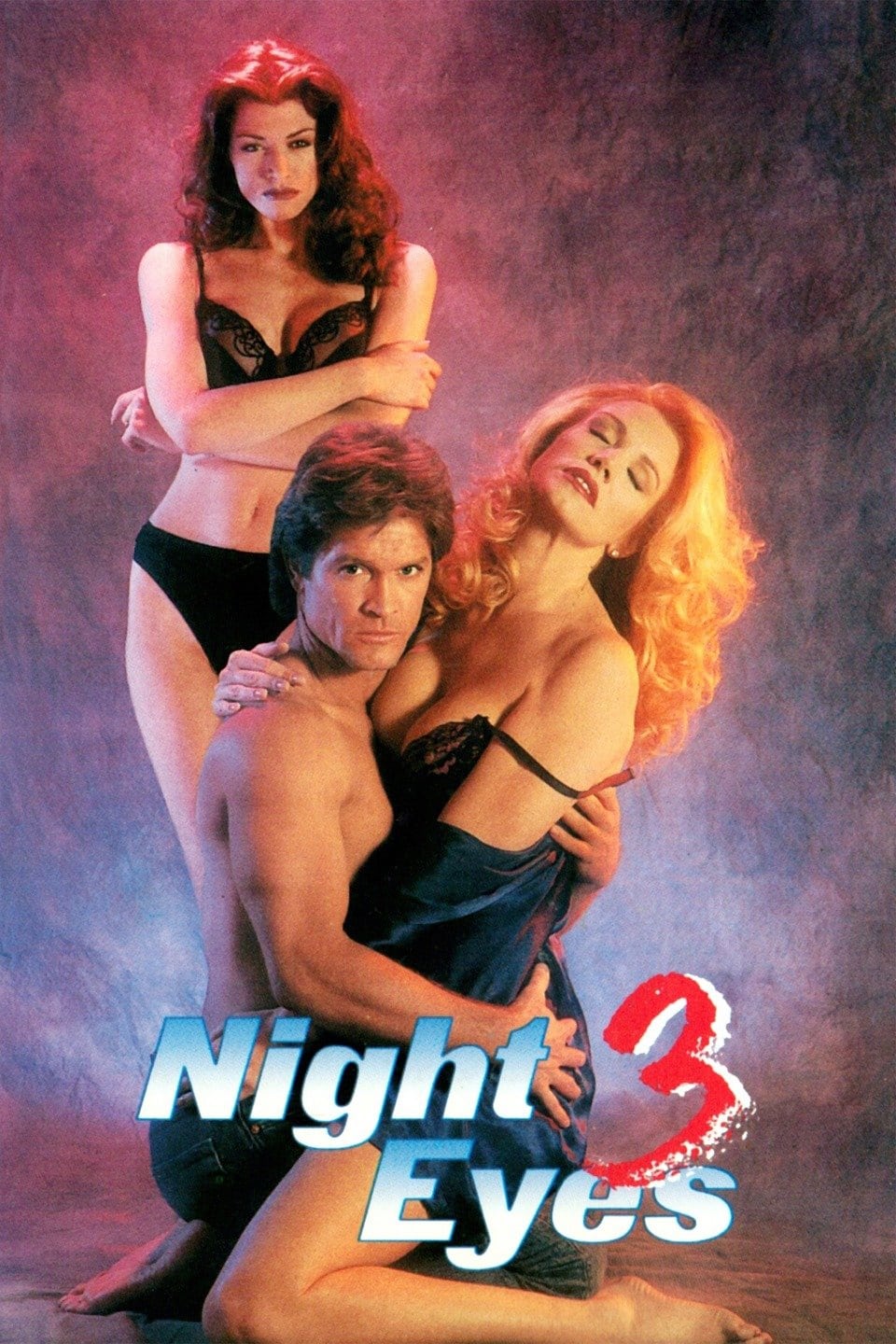Emily the Criminal -
This is a strongly acted crime thriller that has its finger firmly planted on the pulse of the American Millennial. Like many of them, Emily (Aubrey Plaza), a former art student, has piles of student loan debt and is underemployed. To make matters worse, she has a few minor convictions on her record. Out of desperation, she follows a lead from a co-worker to make extra cash by purchasing high-ticket items with stolen credit cards. For better or worse, she ends up being really good at it.
Like she does in Ingrid Goes West, Plaza continues to prove she can carry a movie on her own. She especially does this in two job interview scenes for how her responses to the condescending and deceptive hiring managers‘ questions and conditions nail what too many others in her shoes would like to say. There's also her subtle transition from aspiring artist to her titular description such as how her catering job becomes more of a formality and how her remaining legitimate friendship with old classmate Liz (Megalyn Echikunwoke) becomes more strained. On par with Plaza is Theo Rossi, who plays Youcef, the manager of this illegal venture who succeeds in always making you wonder about his true intentions as he becomes more interested in Emily's abilities. If the description of her new job makes you question if this is really a thriller, don't worry: some of her transactions don't go according to plan and the results put me on edge, especially one involving a car. The handheld cinematography and use of real locations adds to the tension and spontaneity in moments like this one, which made me recall how the similar Before the Devil Knows Your Dead does these things. It ends up being an exciting and thought-provoking thriller that not only boldly questions if Millennials will only be successful via illegal means, but also if that's the fate of subsequent generations.
This is a strongly acted crime thriller that has its finger firmly planted on the pulse of the American Millennial. Like many of them, Emily (Aubrey Plaza), a former art student, has piles of student loan debt and is underemployed. To make matters worse, she has a few minor convictions on her record. Out of desperation, she follows a lead from a co-worker to make extra cash by purchasing high-ticket items with stolen credit cards. For better or worse, she ends up being really good at it.
Like she does in Ingrid Goes West, Plaza continues to prove she can carry a movie on her own. She especially does this in two job interview scenes for how her responses to the condescending and deceptive hiring managers‘ questions and conditions nail what too many others in her shoes would like to say. There's also her subtle transition from aspiring artist to her titular description such as how her catering job becomes more of a formality and how her remaining legitimate friendship with old classmate Liz (Megalyn Echikunwoke) becomes more strained. On par with Plaza is Theo Rossi, who plays Youcef, the manager of this illegal venture who succeeds in always making you wonder about his true intentions as he becomes more interested in Emily's abilities. If the description of her new job makes you question if this is really a thriller, don't worry: some of her transactions don't go according to plan and the results put me on edge, especially one involving a car. The handheld cinematography and use of real locations adds to the tension and spontaneity in moments like this one, which made me recall how the similar Before the Devil Knows Your Dead does these things. It ends up being an exciting and thought-provoking thriller that not only boldly questions if Millennials will only be successful via illegal means, but also if that's the fate of subsequent generations.







 Check out my podcast:
Check out my podcast: